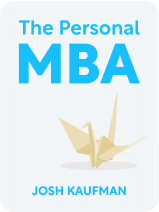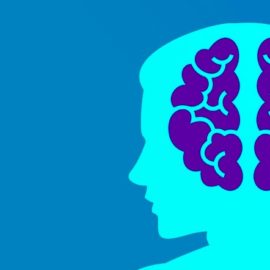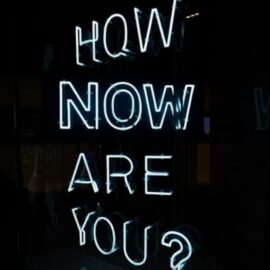

This article is an excerpt from the Shortform book guide to "The Personal MBA" by Josh Kaufman. Shortform has the world's best summaries and analyses of books you should be reading.
Like this article? Sign up for a free trial here .
Why do people buy things? What needs do customers seek to fulfill by buying products and services?
People’s purchasing decisions are underpinned by a wide range of factors. However, they all ultimately boil down to basic, fundamental customer needs and wants: 1) to feel good about themselves, 2) to connect with others, 3) to grow and learn, 4) to feel safe, and 5) to avoid effort.
Keep reading to learn about the five basic customer needs.
People Want to Fulfill Their Basic Needs
While people appear to want many different things, Kaufman argues that they all make purchases in an attempt to fulfill five basic needs:
- To feel good about themselves: This includes enhancing their well-being, appearance, and status and satisfying sensory desires.
- To connect with others: This includes engaging in romantic, platonic, and professional interactions, both online and offline.
- To grow and learn: This includes increasing academic or professional knowledge and pursuing interests and hobbies.
- To feel safe: This includes protecting themselves, their loved ones, and their possessions from potential threats.
- To avoid effort: This includes eliminating tasks that take up too much time and energy or those that require specialized knowledge or resources.
Schools of Thought on What Motivates Us to Want Things
Kaufman’s discussion of customer needs and wants doesn’t explain how we prioritize fulfilling them. According to psychologists and marketing specialists, this is essential to understanding the motivations and timing of underlying consumer decisions. Combined with Kaufman’s list of needs, the following four theories will help you understand two things: why we want the things we do and how we prioritize those needs and desires.
Alderfer’s ERG Theory
This theory groups our basic needs into three categories and prioritizes them as follows:
– Existence—physiological requirements, such as food and shelter, and safety-related requirements, such as health and employment
– Relatedness—social connection, the desire to belong, and the need to feel loved
– Growth—personal development, satisfaction, and the feeling of success
Maslow’s Hierarchy of Needs
This theory suggests that our needs fall into one of five levels and prioritizes them as follows:
– Physiological: food, sex, sleep
– Safety: health, employment, family, property
– Love and belonging: friendship, family, intimacy
– Esteem: confidence, achievement, mutual respect
– Self-actualization: morality, creativity, spontaneity, problem-solving
Murray’s Psychogenic Needs
This theory divides basic needs into two categories:
– Primary needs concern our survival requirements and biological demands, such as the need for food and water.
– Secondary needs concern our psychological well-being—they fall into five categories: ambition, materialism, power, affection, and information.
Self-Determination Theory
This theory claims that there are three core needs underlying our desires: autonomy—the need to feel like we’re in control, competence—the need to feel like we’re doing well, and relatedness—the need to experience meaningful relationships with others.

———End of Preview———
Like what you just read? Read the rest of the world's best book summary and analysis of Josh Kaufman's "The Personal MBA" at Shortform .
Here's what you'll find in our full The Personal MBA summary :
- A comprehensive overview of how businesses work
- The five key processes that underpin every business
- How to identify profitable opportunities to ensure business success






